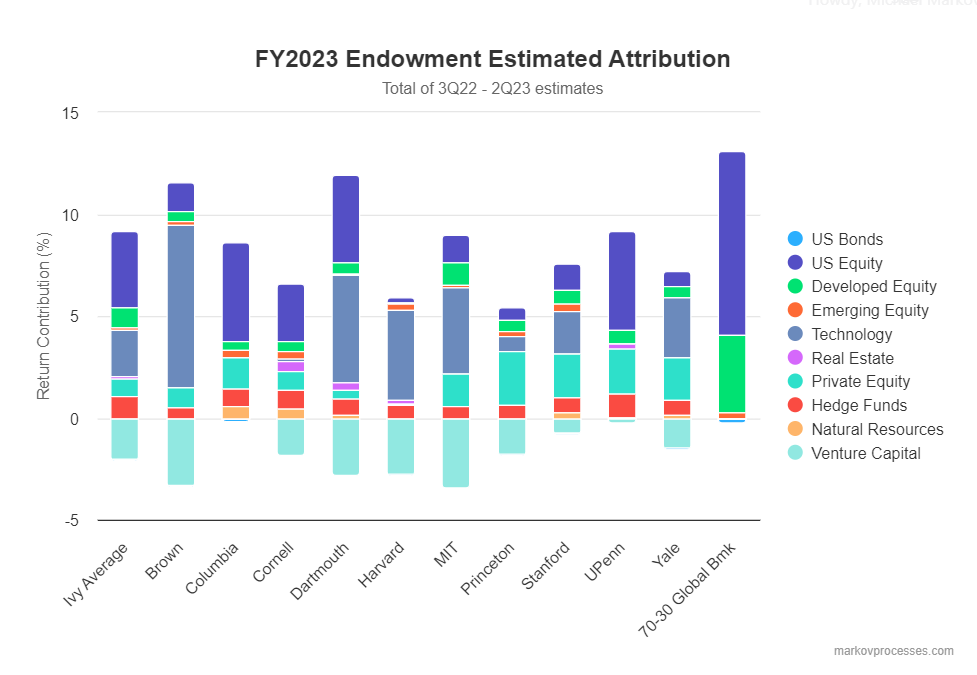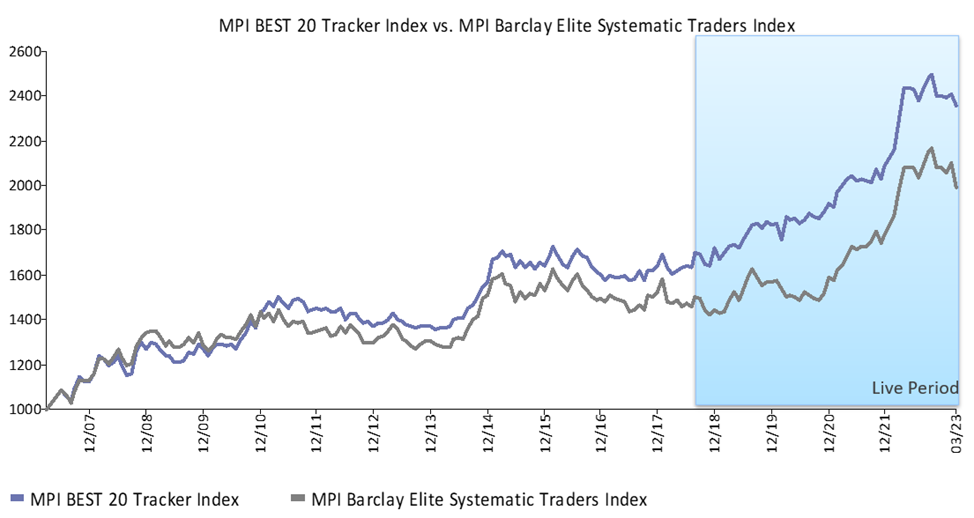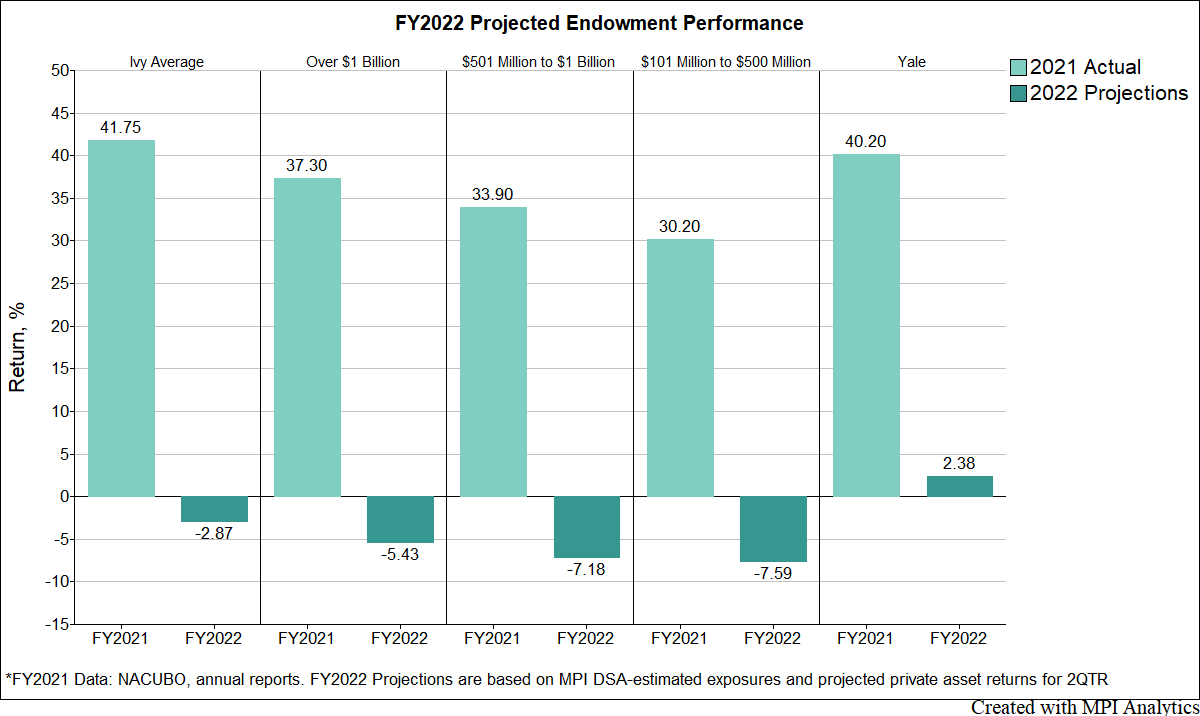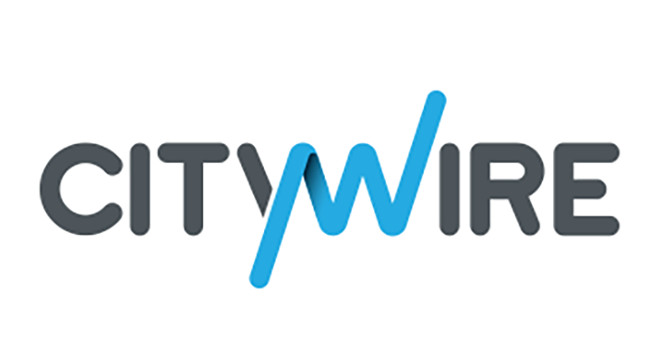MPI Adds Tax-Adjusted Asset Allocation to Stylus Pro for Wealth Management Firms and Financial Advisors
Summit, NJ/Tokyo (September 26, 2024) EIN Presswire― Markov Processes International (MPI), a leading provider of investment technology, analytics, research and indices for the global investment management industry, today announced the addition of tax-adjusted asset allocation simulations for financial advisors, wealth management firms and investment professionals working with taxable accounts. The functionality is within Stylus Pro, the firm’s flagship investment analytics software, trusted by some of the world’s largest investment firms and asset owners.
For investment professionals that work with taxable portfolios, MPI’s new tax-adjusted simulation capabilities will provide more realistic and appropriate forecasts of future outcomes, resulting in better asset allocation decisions for their clients. The tax-adjusted return and wealth simulations were designed to meet the needs of the most sophisticated wealth management firms, from home office users at the largest wirehouses to advisor teams of all sizes.
“Tax considerations are absolutely central to the investment management and planning functions at financial advisory firms working to optimize outcomes for their wealth management clients. Asset allocation professionals using Stylus Pro’s industry-leading portfolio construction capabilities can now incorporate realistic tax considerations into their future return and wealth simulations. This buildout was designed to further integrate our software solutions into the entire private wealth investment process and increase the seamlessness of our users’ workflows,” said Jeff Schwartz, President of MPI.
MPI also announced the addition of portfolio fee-adjustment capabilities so that wealth and investment management organizations can adhere to the new “Marketing Rule” directives. This enhancement will help MPI clients deliver compliant presentation of gross and net performance returns in published materials.
“As a longtime leader in institutional-grade portfolio and model construction, MPI’s Stylus Pro offers the most powerful combination of forward-looking asset allocation, historic analysis of investment products and portfolios and hypothetical shocks and risk analysis capabilities. These updates enhance the value proposition of our flagship product for the wealth management market—pairing institutional asset allocation power with the ability to optimize taxable portfolios. We’re excited to introduce them to current and future clients,” said Michael Markov, Co-Founder, Chairman and CEO of MPI.
For more information, contact info@markovprocess.com.




